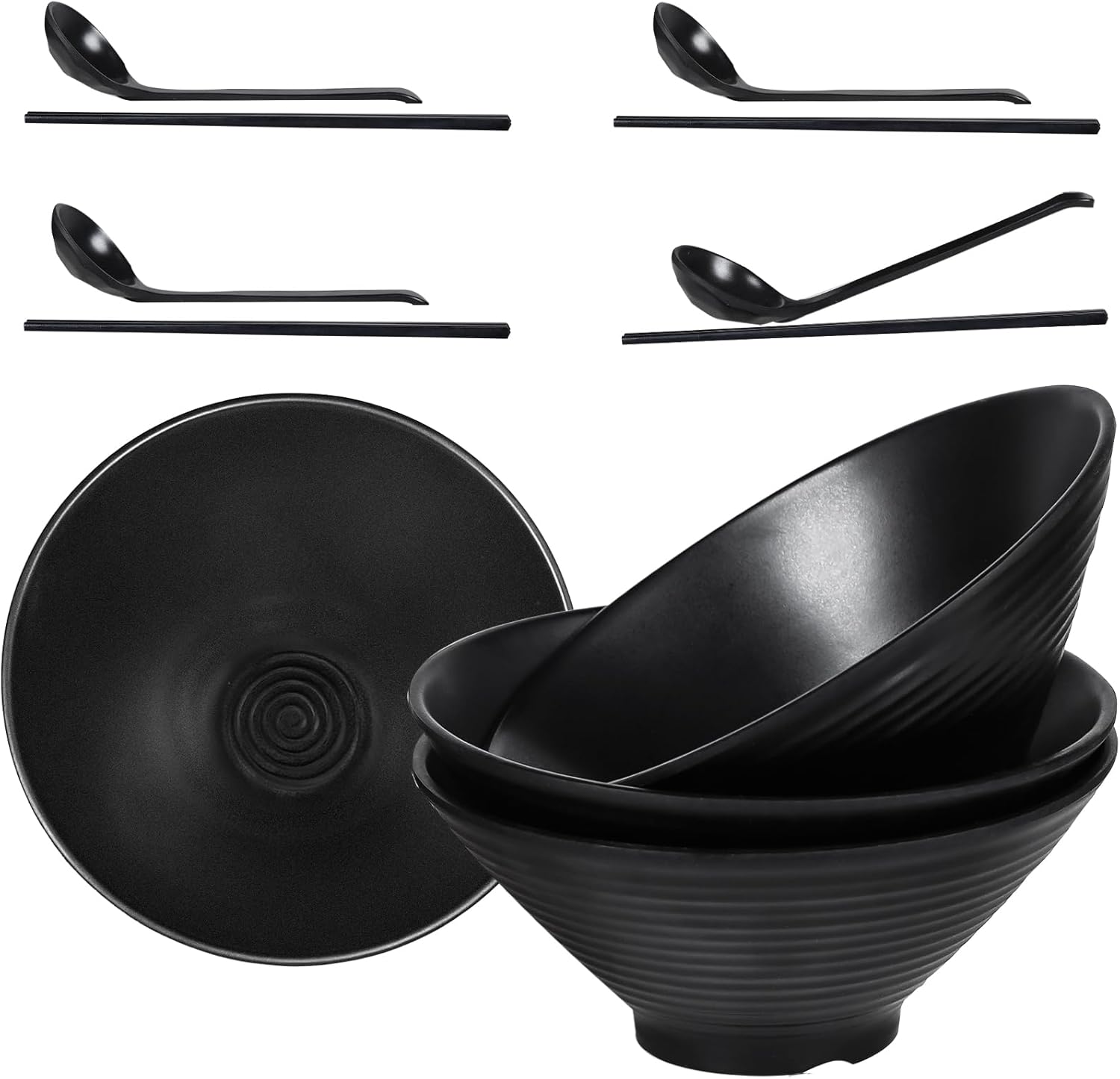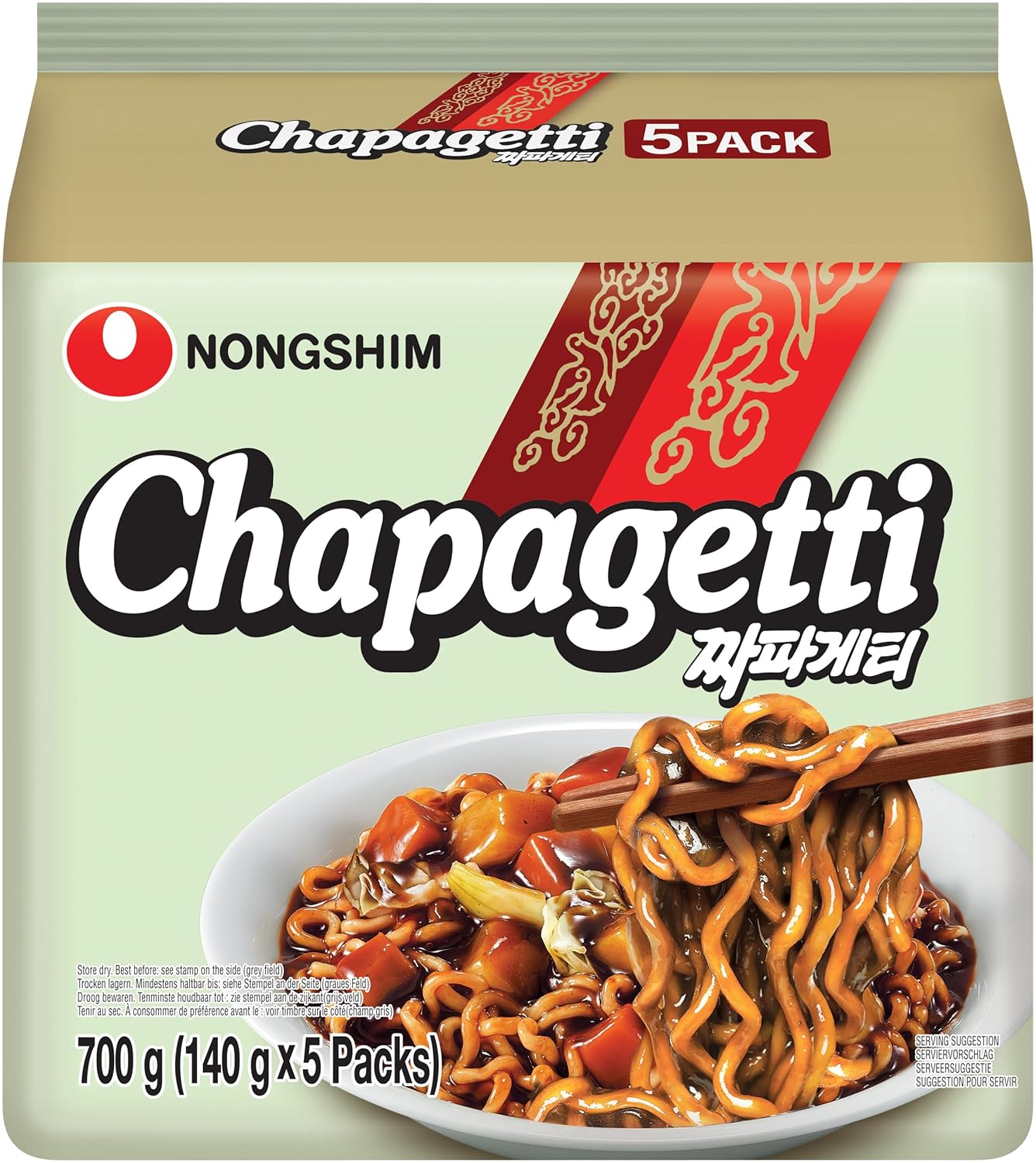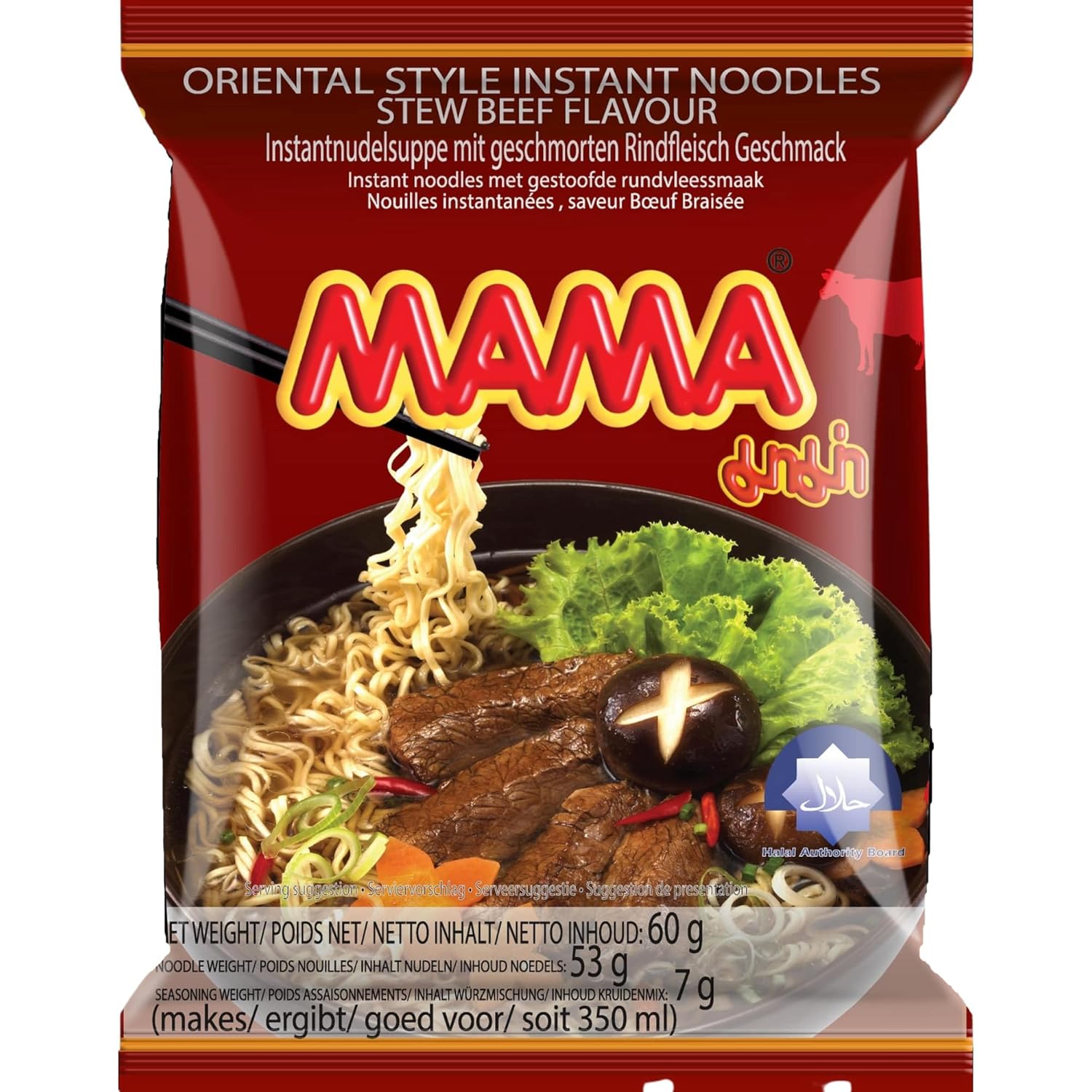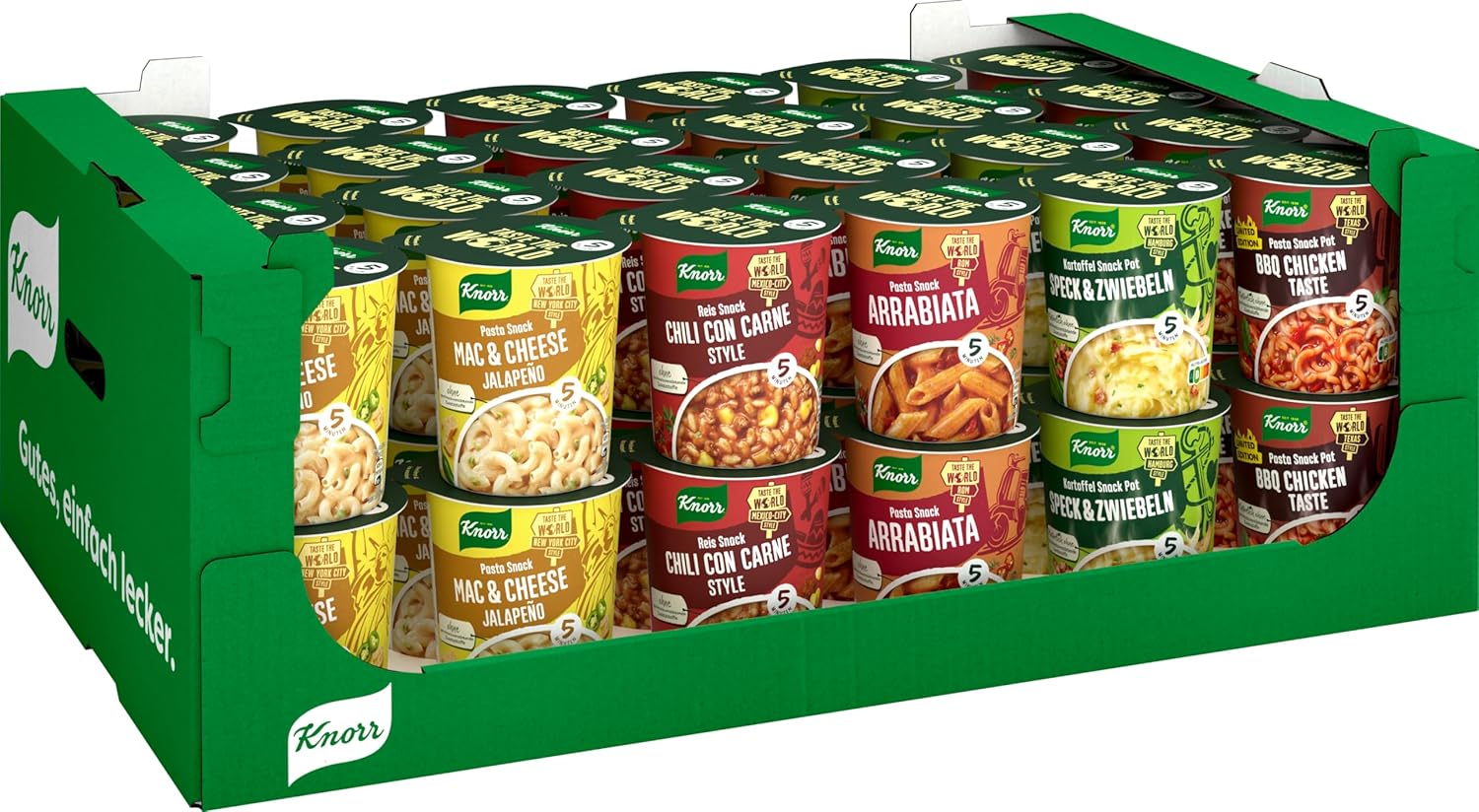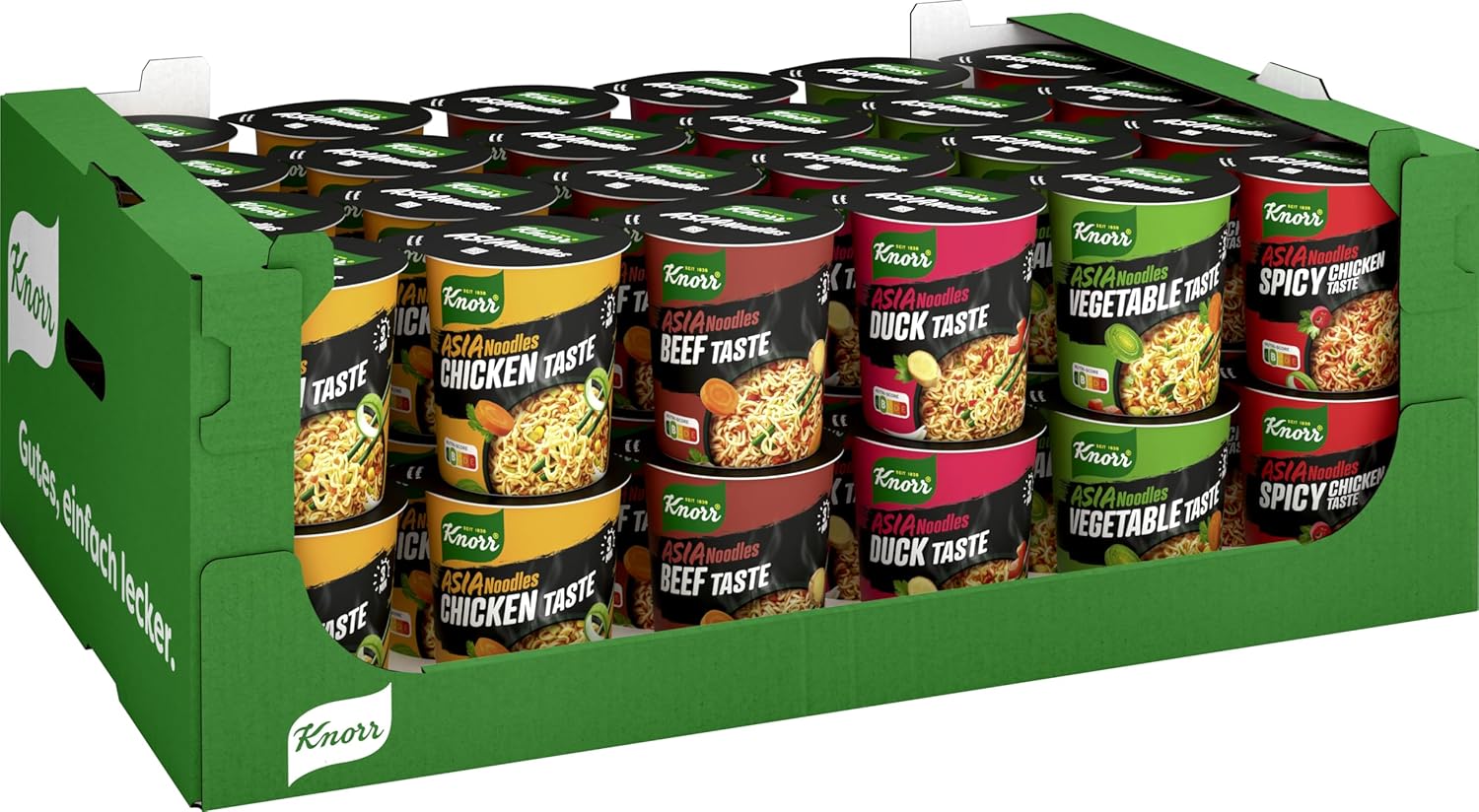Have you ever taken a big, satisfying bite of ramen only to realize it’s way too salty? It’s frustrating when your meal doesn’t taste right, especially something as comforting as ramen.
But don’t worry—you don’t have to toss it out or suffer through that salt overload. There are simple tricks you can use to fix your ramen and bring back the delicious balance you were craving. Keep reading, and you’ll learn easy, practical tips to save your bowl every time.
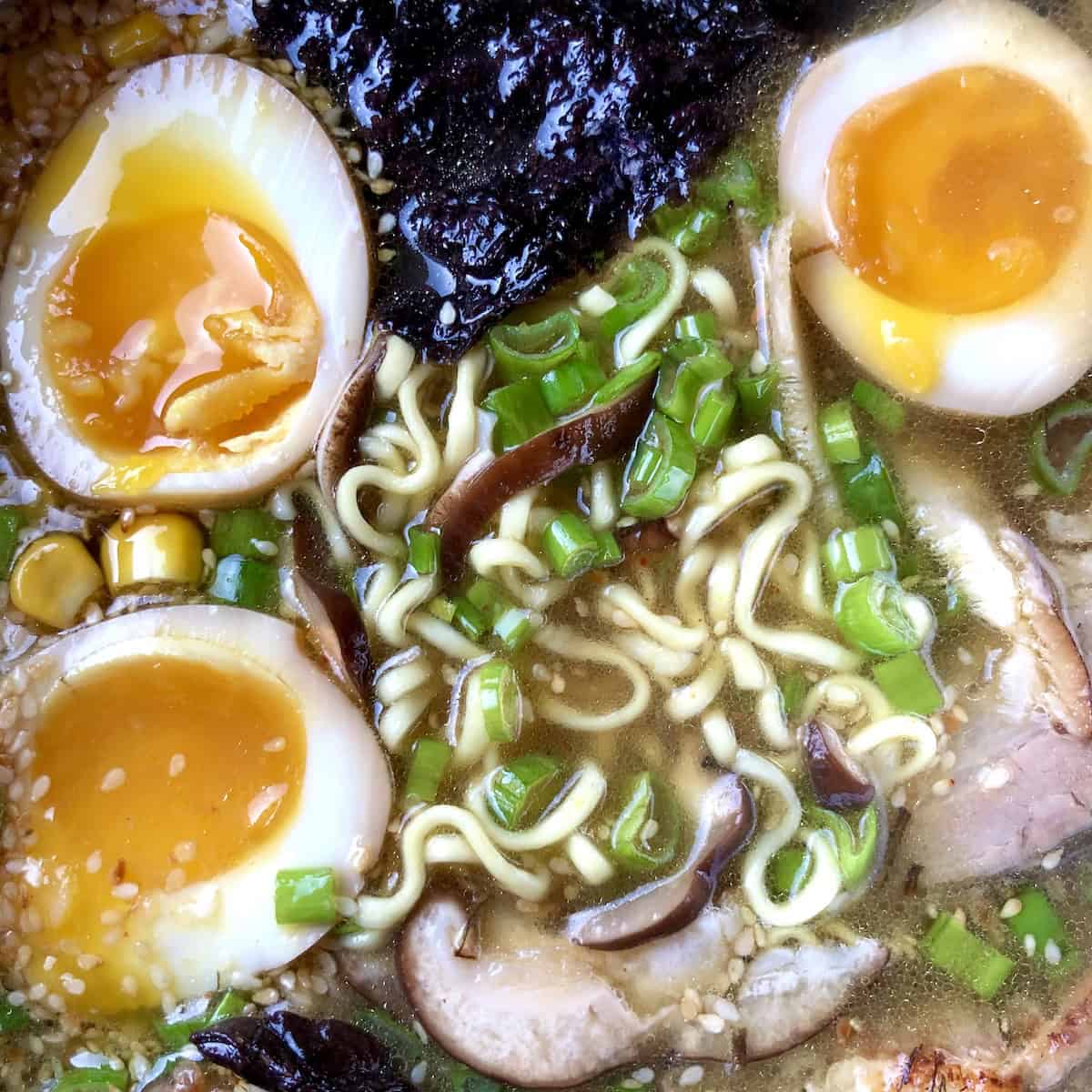
Credit: bitingatthebits.com
Causes Of Salty Ramen
Ramen can sometimes taste too salty. This issue often comes from a few common causes. Understanding these causes helps you fix the saltiness and enjoy your meal. Let’s explore the main reasons behind salty ramen.
Common Ingredients Adding Salt
Many ingredients in ramen contain salt. Soy sauce, miso paste, and salted broth add flavor but also salt. Some vegetables and toppings have natural salt too. Using several salty ingredients together raises the salt level quickly.
Overuse Of Seasoning Packs
Instant ramen often comes with seasoning packs. These packs are packed with salt to boost taste. Adding all the seasoning at once makes the soup very salty. Sometimes, people add extra seasoning to make it stronger.
Broth Concentration Issues
Broth concentration affects saltiness a lot. Cooking broth too long reduces the water and increases salt taste. Using less water than needed makes the broth thicker and saltier. Concentrated broth can overpower the noodles and toppings.
Immediate Fixes
Ramen can sometimes turn out too salty. This can spoil the whole meal. Immediate fixes help balance the taste fast. These methods work well without needing extra cooking.
Adding Water Or Broth
Adding water is the simplest way to reduce saltiness. Pour a little water into the bowl and stir. This dilutes the salty broth and softens the flavor.
Broth works better than water if available. Use low-sodium or unsalted broth to keep the taste rich. Add broth slowly to avoid making it too bland.
Incorporating Acidic Elements
Acidic ingredients cut through saltiness quickly. Try a splash of vinegar or a squeeze of lemon. These add brightness and balance the salty taste.
Rice vinegar or lime juice fits ramen well. Add small amounts and taste often. Avoid too much acid to keep the flavor fresh.
Using Starchy Additions
Starchy foods absorb extra salt and calm the broth. Add cooked rice, potatoes, or noodles to the soup. They soak up salt and make the broth milder.
Be careful not to add too much starch. It can change the texture and make the soup thick. Add small portions and stir well.
Long-term Solutions
Long-term solutions help prevent ramen from becoming too salty again. They improve your cooking skills and make your meals taste better. These tips focus on how to control salt and balance flavors from the start. Try them to enjoy ramen that suits your taste every time.
Adjusting Seasoning Amounts
Use less soy sauce or salty seasoning in recipes. Measure carefully and add seasonings little by little. Taste the broth as you cook to avoid over-salting. Keep salt and salty sauces on the side for final adjustments.
Preparing Homemade Broth
Make broth from fresh ingredients like bones, vegetables, and herbs. Homemade broth lets you control salt levels easily. Avoid store-bought broths that often contain high salt amounts. Cook broth slowly for rich flavor without extra salt.
Balancing Flavors With Vegetables
Add vegetables like carrots, mushrooms, or cabbage to your ramen. Vegetables absorb some salt and add natural sweetness. They create a balanced taste and improve texture. Use fresh or lightly cooked vegetables for best results.

Credit: www.reddit.com
Alternative Serving Tips
Alternative serving tips can help balance salty ramen. These methods change the way you enjoy the dish. They make the saltiness less strong. You can mix and match these ideas to find what works best for you.
Pairing With Mild Side Dishes
Serve ramen with mild side dishes to calm the saltiness. Plain rice is a great choice. It soaks up some salt from the broth. Steamed vegetables also work well. They add freshness and cut down the salty taste. Cucumber slices or a simple salad offer a cool contrast. Mild sides help balance strong flavors without overpowering ramen.
Adding Protein To Soften Saltiness
Adding protein can soften salty ramen flavors. Eggs, especially soft-boiled, blend nicely with salty broth. Tofu is another good option. It absorbs flavors and tones down saltiness. Chicken or shrimp add substance and mild taste. Proteins help balance salt by adding texture and richness. This makes each bite smoother and more enjoyable.
Preventing Salty Ramen
Preventing salty ramen starts before the soup reaches your bowl. Careful steps during cooking help keep the salt level just right. A few simple habits can stop oversalting and make every bite tasty.
Tasting During Cooking
Always taste the broth as you cook. Add salt little by little. This way, you control how salty it becomes. Tasting helps catch salt problems early. Adjust flavors before it gets too strong.
Using Low-sodium Ingredients
Choose low-sodium soy sauce and broth. These give flavor without extra salt. Use fresh vegetables and herbs to boost taste naturally. Low-sodium options keep salt levels balanced. They make your ramen healthy and delicious.

Credit: soranews24.com
Frequently Asked Questions
How Can I Fix Overly Salty Ramen Broth?
Add water or unsalted broth to dilute the saltiness. You can also add cooked vegetables or potatoes to absorb excess salt. Adjust seasoning gradually to avoid over-dilution and maintain flavor balance.
What Ingredients Reduce Saltiness In Ramen?
Potatoes, rice, or bread help absorb extra salt. Adding fresh vegetables like spinach or carrots also balances flavors. Using unsalted broth or water dilutes the salt concentration effectively.
Is It Okay To Add Sugar To Salty Ramen?
Yes, a small amount of sugar can balance saltiness. It counteracts the harsh salty taste and enhances overall flavor. Use sugar sparingly to avoid making the broth overly sweet.
Can Milk Or Cream Reduce Ramen Saltiness?
Adding a splash of milk or cream can mellow saltiness. It softens the broth’s harshness and adds richness. Use this method for creamy ramen styles but avoid if you prefer clear broth.
Conclusion
Too salty ramen can still taste good with a few fixes. Add water or broth to dilute the saltiness. Toss in extra noodles or vegetables to balance flavors. A little acid, like lemon juice, helps cut salt sharpness. Remember to taste often and adjust slowly.
These simple steps save your meal and reduce waste. Enjoy your ramen without the salty surprise next time. Small changes make a big difference in flavor. Keep these tips handy for your next bowl.


